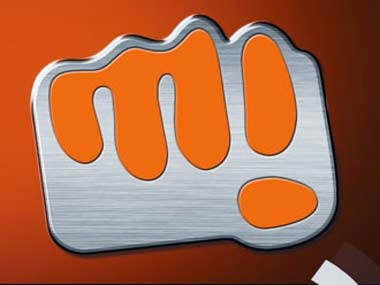Samsung Electronics announced its
acquisition of Zhilabs, known for its Artificial Intelligence (AI) based network
and service analytics, to further enhance its 5G capabilities. The acquisition
lays the foundation for Samsung to foster its 5G offerings of automation and
network analytics to finely tune the customer experiences in the 5G era.
AI-based automation will play a
central role in the introduction of new services in the 5G era, such as
industrial Internet of Things (IoT) and connected cars, as carriers will
require automated solutions and network analytics beyond what was possible in previous
generations. AI-based transformation can be used to analyze user traffic,
classify application being used, and improve overall service quality, as such
needs can no longer be addressed by existing solutions.
Samsung is looking forward to joint
capabilities to create new cutting-edge technology in the transformation from
4G to 5G. In addition to the acquisition, Samsung will continue to strengthen
its automation solutions that measure the quality of each user service and can
also automatically optimize service quality without human intervention. The
company will also explore and invest in other business opportunities powered by
the emerging technologies.
In
August, Samsung announced plans to boost investments in businesses that will
drive its future growth, committing to a KRW 25 trillion investment over the
next three years in the areas of artificial intelligence (AI), 5G, automotive
electronics components and biopharmaceuticals.






